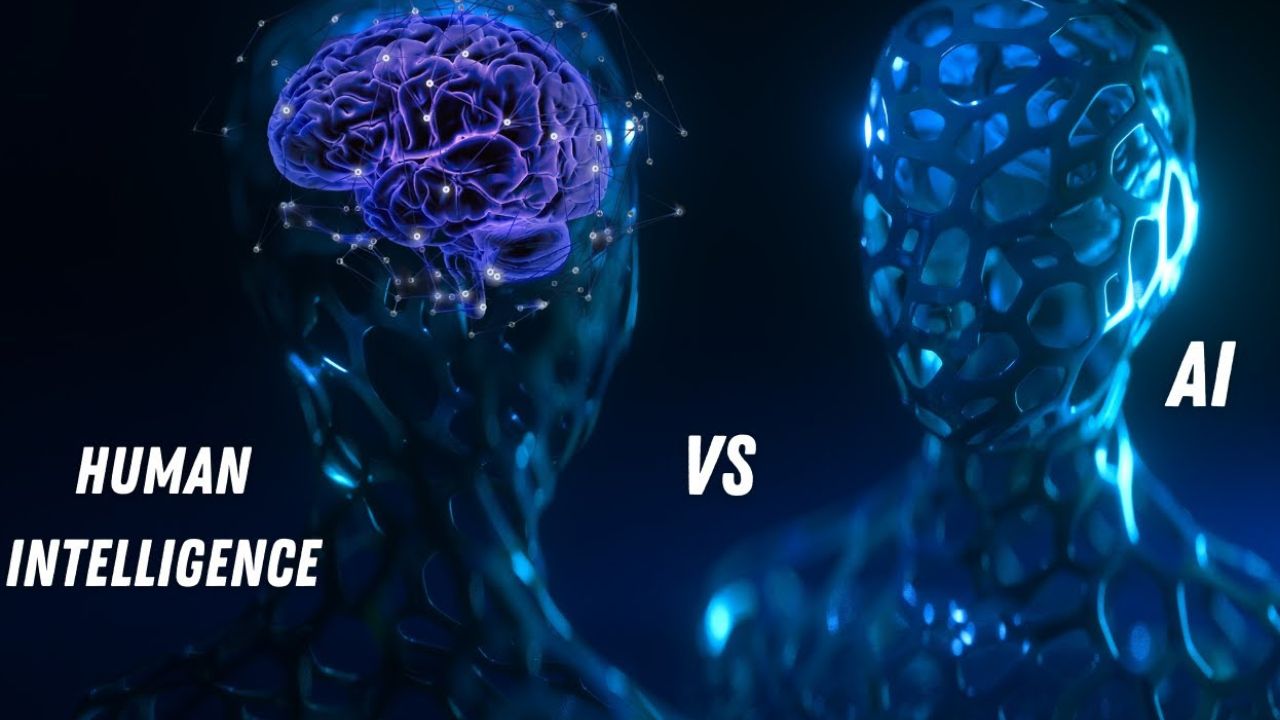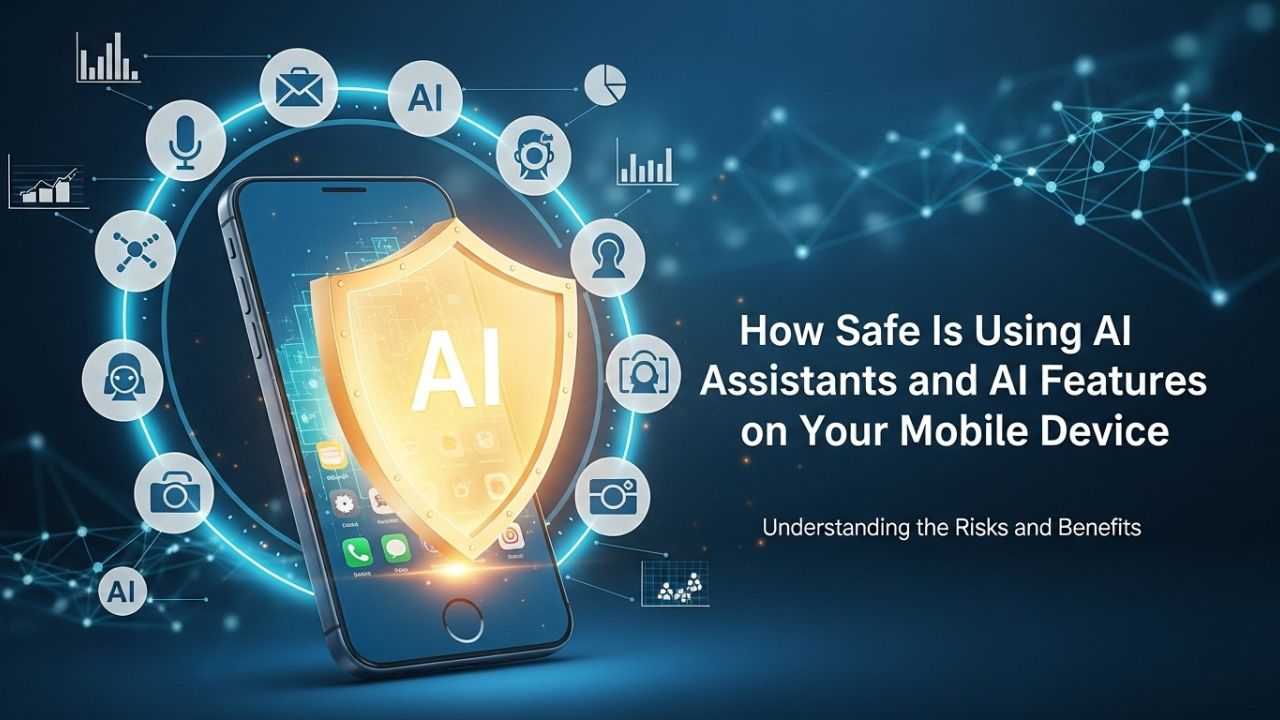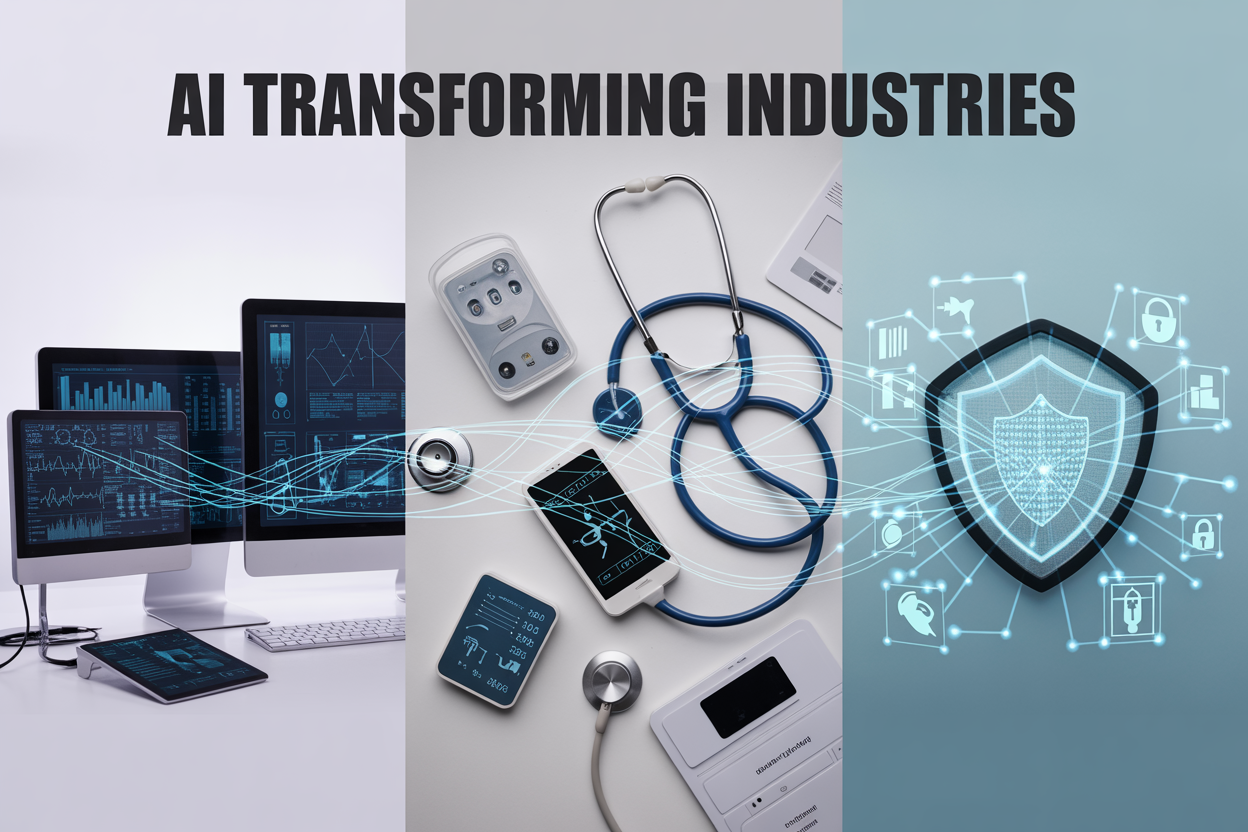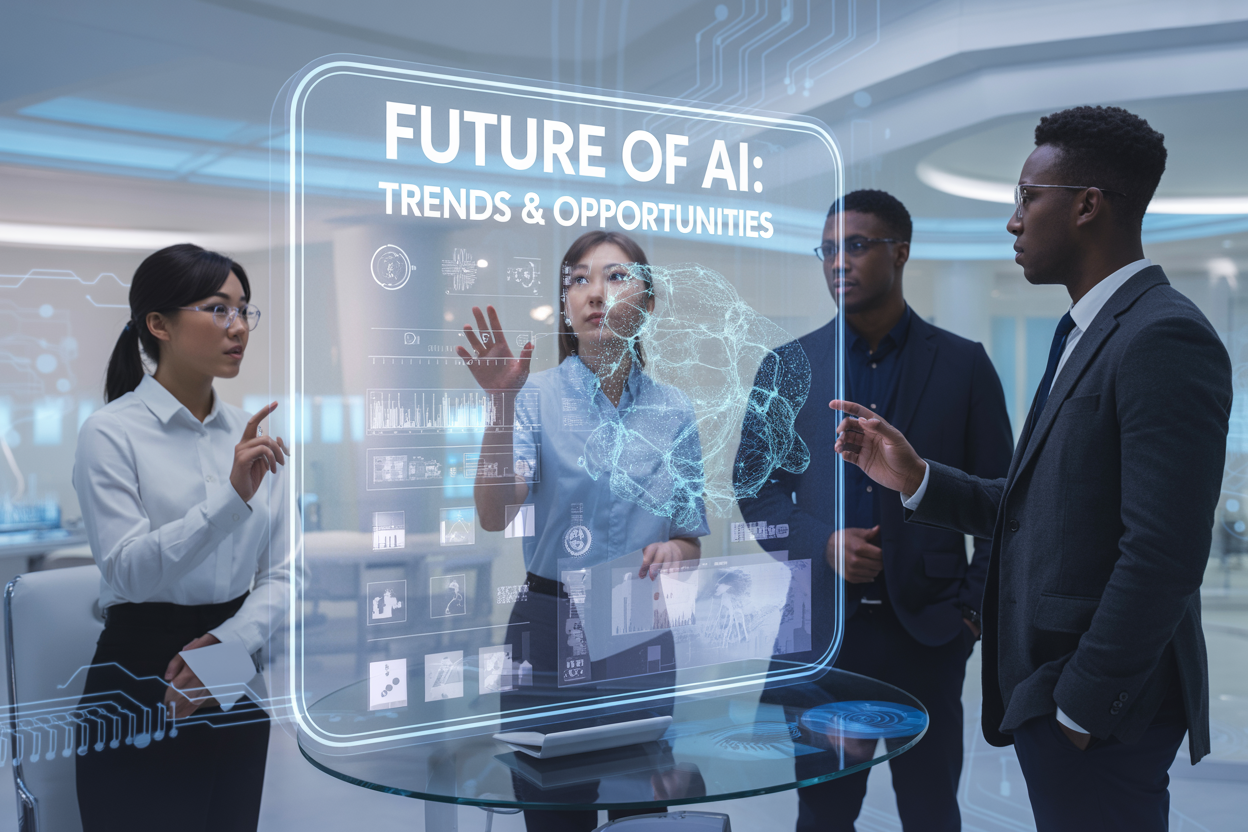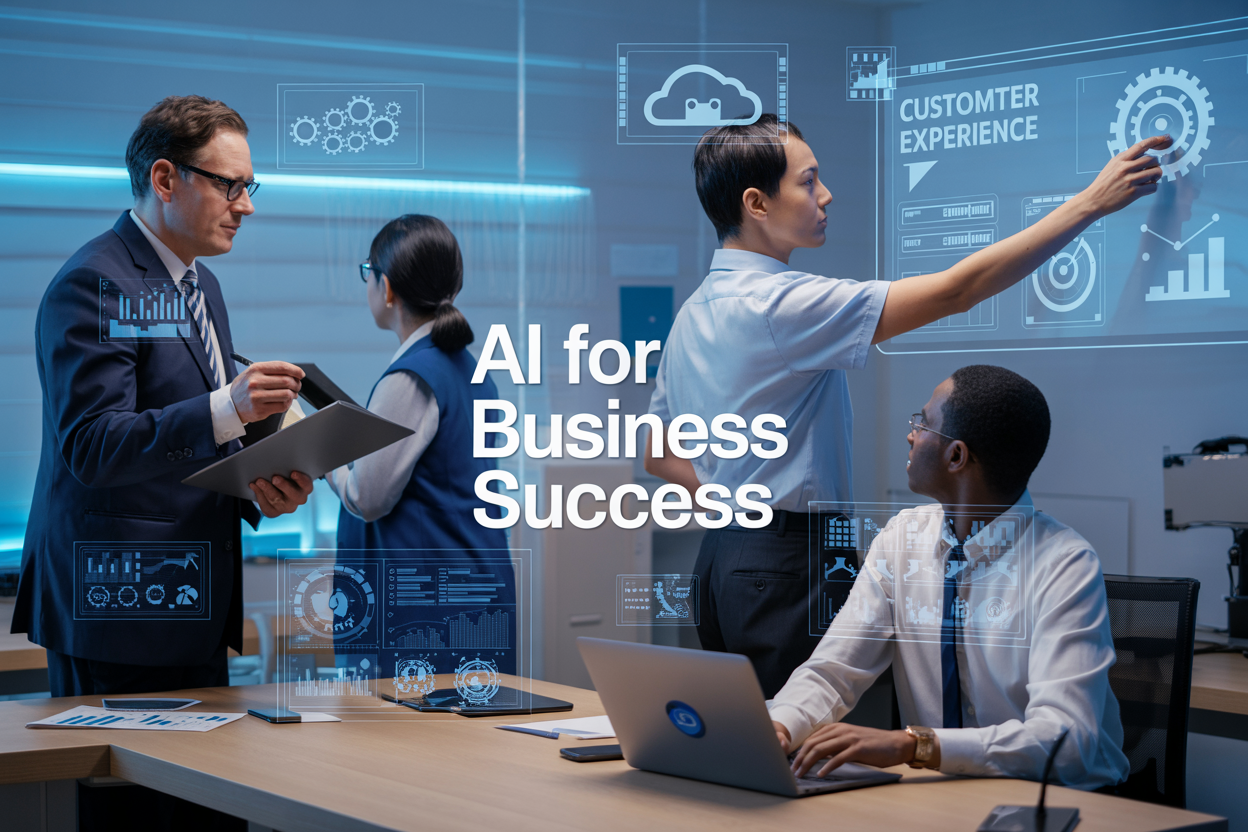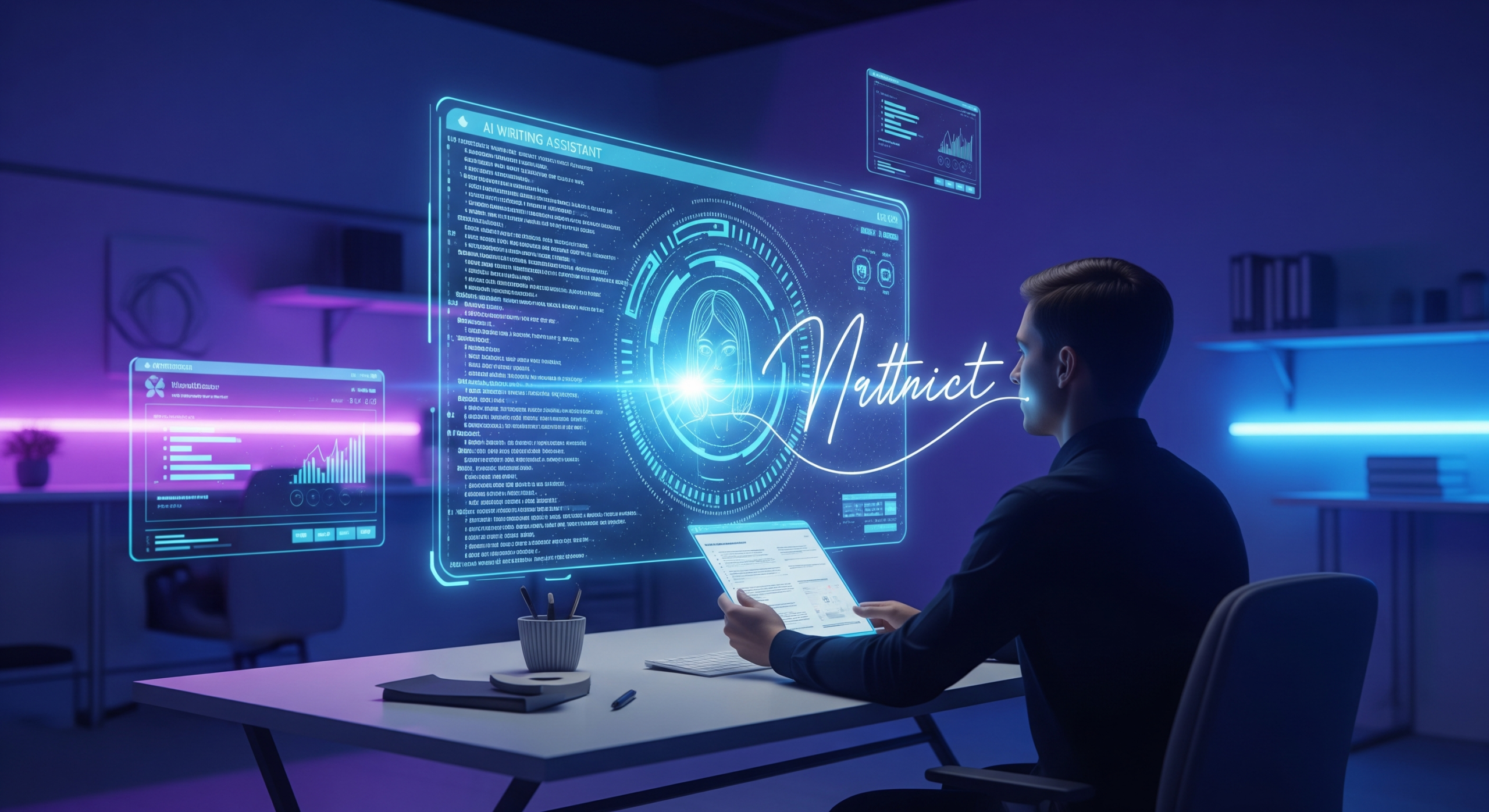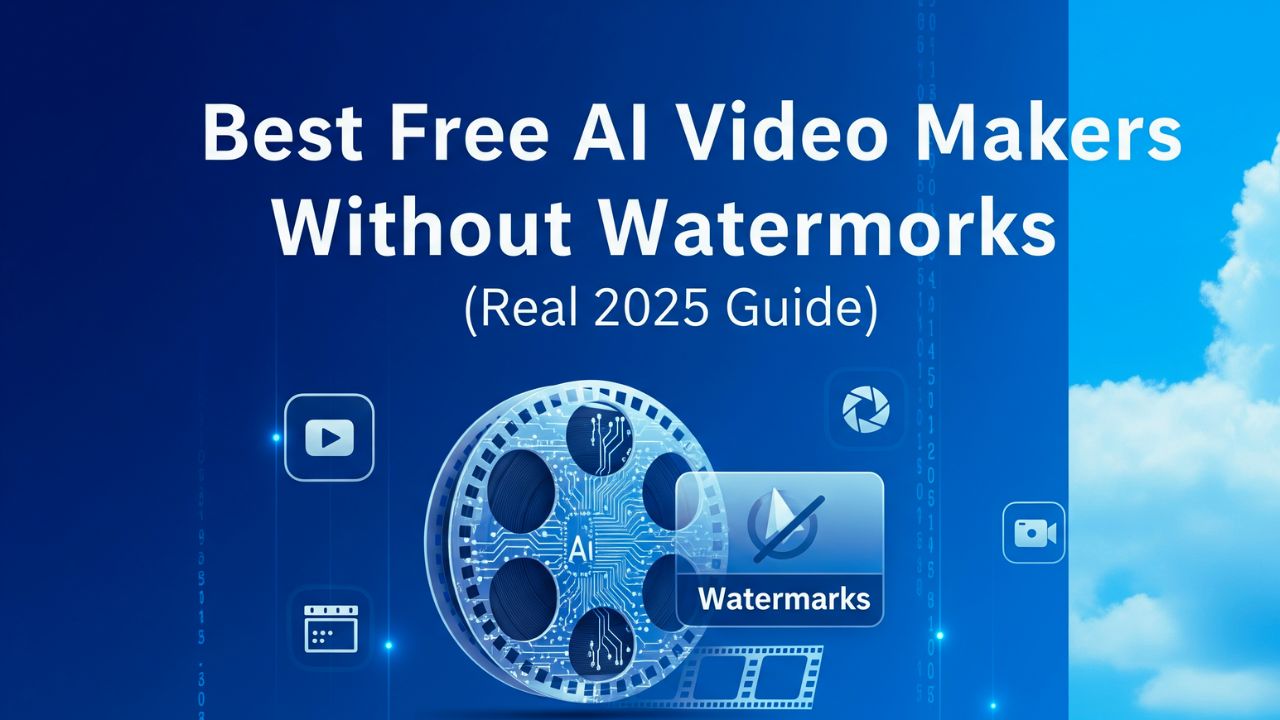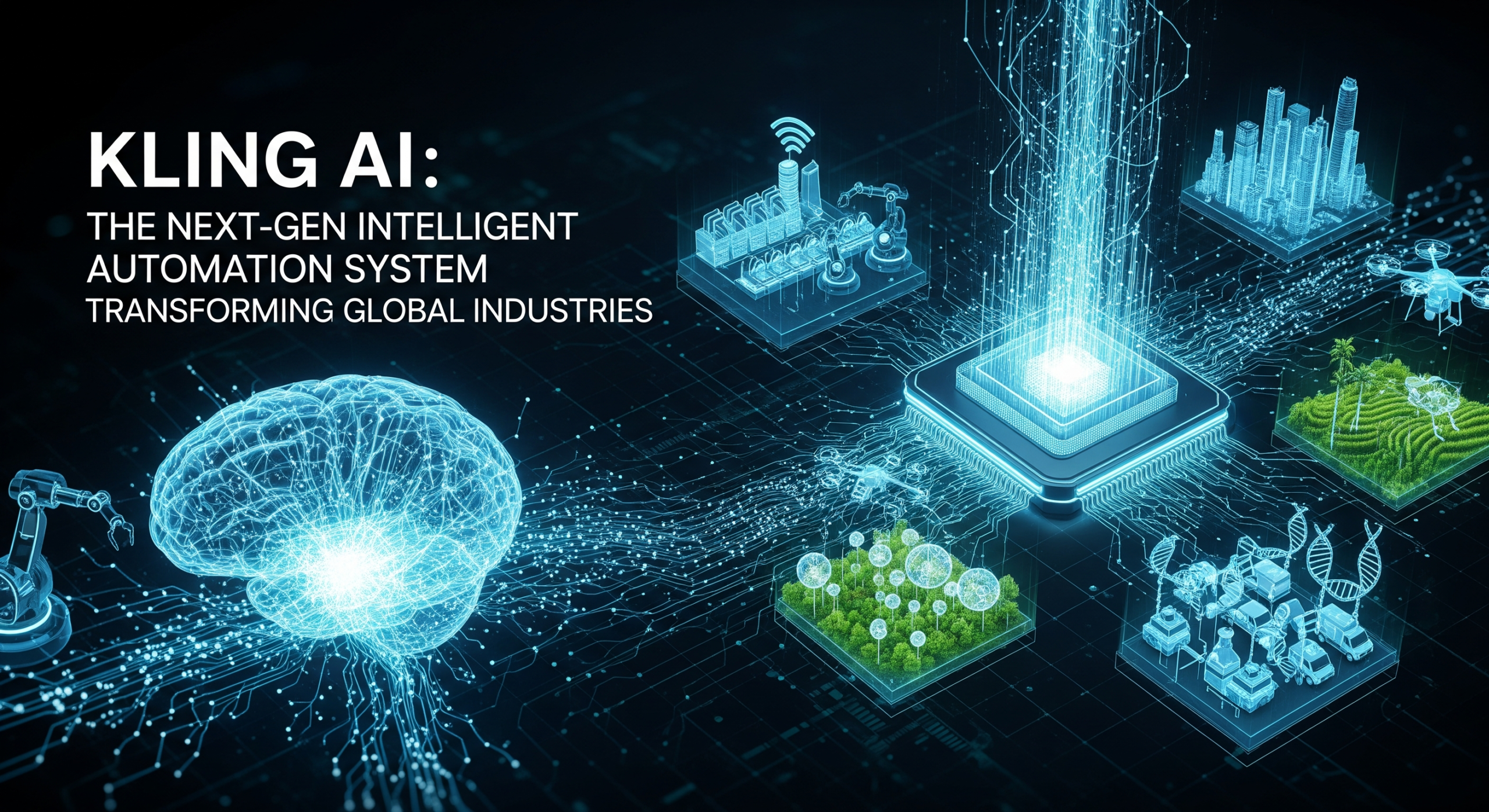Artificial Intelligence (AI) has become one of the most fascinating developments of the 21st century. It powers self-driving cars, chatbots, virtual assistants, and even medical diagnosis systems. Yet, one question continues to intrigue scientists, philosophers, and everyday people alike — how does AI differ from human intelligence?
While AI mimics many aspects of human thinking, it fundamentally operates in a very different way. Humans learn through experience, emotions, and consciousness, whereas AI learns through data, algorithms, and predefined rules. Understanding these differences helps us appreciate both the potential and the limits of Artificial Intelligence in our world today.
In this article, we’ll explore the key differences between AI and human intelligence, how each processes information, their unique strengths and weaknesses, and whether AI could ever truly replicate the human mind.
What Is Artificial Intelligence?
Artificial Intelligence, or AI, refers to the ability of a computer or machine to perform tasks that typically require human intelligence. These include learning, reasoning, problem-solving, perception, and language understanding.
AI systems use algorithms — mathematical models that help computers make decisions based on large amounts of data. The most advanced form, machine learning, allows AI to “learn” from patterns and improve performance over time without explicit programming.
Examples include:
- Voice assistants like Siri or Alexa
- Chatbots such as ChatGPT
- Recommendation systems like Netflix and YouTube
- Image recognition tools used in healthcare and security
In short, AI is designed to simulate aspects of human intelligence — but it doesn’t feel, think, or understand in the same way humans do.
Read Also: AI Avatars and Virtual Humans: The Next Generation of Online Identity
What Is Human Intelligence?
Human intelligence is far more complex. It involves not only logical thinking but also emotion, creativity, social understanding, and moral reasoning. Humans are capable of abstract thought, empathy, and adapting to new environments with limited information.
Unlike AI, human intelligence is biological — it emerges from the brain’s 86 billion neurons communicating through chemical and electrical signals. It’s not programmed; it evolves through experience, culture, and learning.
For example:
- A child learns language by imitating and experiencing.
- Adults make decisions based on both logic and emotion.
- Humans can invent, imagine, and express love, fear, or curiosity.
This makes human intelligence deeply personal, emotional, and adaptive — qualities AI has yet to master.
Key Differences Between AI and Human Intelligence
While AI and human intelligence share similarities in processing information, their underlying mechanisms, motivations, and limitations are vastly different. Let’s break down the major distinctions:
1. Origin and Nature
- AI is created by humans using computer code and algorithms. It relies on machines to simulate cognitive functions.
- Human intelligence is a natural phenomenon, evolving through biological and social processes.
AI is designed for specific tasks, while human intelligence is general-purpose, capable of handling countless situations and challenges.
2. Learning and Adaptability
- AI learns from structured data through machine learning. It requires vast datasets to identify patterns.
- Humans learn through experience, emotion, and intuition. They can generalize from just a few examples.
For instance, a human child can recognize a dog after seeing one or two pictures. An AI, however, needs thousands of labeled images to do the same.
3. Emotional and Social Intelligence
AI has no emotions, empathy, or self-awareness. It can simulate emotional responses using language models, but it doesn’t feel them.
Humans, on the other hand, use emotional intelligence to navigate relationships, understand tone, and interpret social cues — something AI struggles with.
Example:
AI might recognize words of sadness but won’t truly understand why someone is sad or how to comfort them authentically.
4. Creativity and Imagination
While AI can generate artwork, music, or text, it lacks genuine creativity. It recombines existing patterns in data but doesn’t experience inspiration or passion.
Humans are capable of abstract creativity — imagining things that don’t exist and creating meaning from emotion. When a poet writes a verse or an artist paints from heartbreak, it’s an act of human consciousness that AI can only imitate, not experience.
5. Decision-Making Process
AI makes decisions based on data-driven logic, statistical analysis, and probability. It’s rational but limited to what’s in its dataset.
Humans, however, combine logic and emotion. They can make decisions based on moral values, instincts, and empathy — factors that can’t be coded into an algorithm.
Example:
AI might recommend firing an underperforming employee based on metrics. A human might decide differently after understanding personal circumstances.
6. Consciousness and Self-Awareness
This is the most profound difference. AI doesn’t possess self-awareness — it doesn’t know that it exists.
Humans can reflect on their thoughts, feel emotions, and question their purpose. This inner awareness gives humans moral judgment, empathy, and creativity — qualities AI completely lacks.
7. Speed and Accuracy
AI easily outperforms humans in speed, accuracy, and data processing. It can analyze millions of records in seconds, detect patterns invisible to humans, and work tirelessly without fatigue.
However, AI can’t handle ambiguity well. When presented with incomplete or conflicting data, it struggles — something humans excel at through reasoning and intuition.
Read Also: AI for Good or Not: Responsible AI, Ethics and the Dark Side of Autonomous Agents
Table: Comparison Between AI and Human Intelligence
| Aspect | Artificial Intelligence | Human Intelligence |
| Origin | Man-made (programmed) | Natural (biological) |
| Learning Method | Data and algorithms | Experience and observation |
| Emotion | None (simulated at best) | Deeply emotional and empathetic |
| Creativity | Pattern-based generation | Imaginative and abstract |
| Decision-Making | Logical and data-driven | Emotional and moral |
| Adaptability | Limited to data | Flexible and intuitive |
| Consciousness | Absent | Fully self-aware |
| Speed | Extremely fast | Slower but deeper reasoning |
| Error Handling | Fails without data | Learns from mistakes |
Strengths of Artificial Intelligence
Despite its limitations, AI has extraordinary strengths:
- Efficiency: It processes vast data faster than any human.
- Consistency: It never tires or makes emotional mistakes.
- Automation: AI performs repetitive tasks flawlessly.
- Cost-effectiveness: Businesses use AI to reduce operational costs.
- Scalability: Once trained, AI systems can operate globally.
These strengths make AI a powerful partner in healthcare, finance, education, and more — as long as humans guide its ethical use.
Limitations of Artificial Intelligence
Even the most advanced AI has limitations:
- No emotional understanding or empathy
- Dependence on data quality
- Lack of moral and ethical judgment
- Inability to think abstractly or creatively beyond its programming
Without human oversight, AI can make biased or unethical decisions, as it mirrors flaws in the data it’s trained on.
Can AI Ever Match Human Intelligence?
This question fuels endless debate. While AI can outperform humans in specific areas like data analysis and pattern recognition, it cannot replicate consciousness, emotion, or moral reasoning.
Some experts believe future AI (Artificial General Intelligence or AGI) may reach human-like intelligence, but others argue that true understanding requires more than computation — it needs consciousness, something machines cannot possess.
The Perfect Partnership: AI and Human Intelligence
Rather than seeing AI as a rival, we should view it as a collaborative partner. Humans provide creativity, emotion, and ethics — AI provides precision, speed, and scale.
Together, they can achieve remarkable outcomes:
- Doctors use AI to enhance diagnosis accuracy.
- Writers use AI for brainstorming ideas.
- Businesses use AI to improve decision-making.
When combined wisely, AI augments human potential instead of replacing it.
Conclusion
AI and human intelligence are two sides of the same coin — one logical, the other emotional. AI can analyze data and optimize systems, but it lacks the empathy, creativity, and moral depth that define humanity.
Humans imagine, dream, and feel — AI calculates, predicts, and executes. The goal is not to make AI human, but to use AI to amplify human intelligence and create a better future together.
Understanding the differences helps us shape AI ethically — not to replace us, but to empower us.
FAQs
1. What is the main difference between AI and human intelligence?
AI is data-driven and logical, while human intelligence is emotional, creative, and conscious.
2. Can AI ever become truly self-aware?
No current AI has self-awareness. It simulates intelligence but lacks consciousness.
3. Which is faster, AI or the human brain?
AI processes data faster, but the human brain excels at adaptability and emotional reasoning.
4. Is AI more intelligent than humans?
AI can outperform humans in narrow tasks, but humans have broader, deeper intelligence.
5. Will AI ever replace human intelligence completely?
Unlikely — AI will complement human intelligence, not replace it, by enhancing productivity and creativity.
